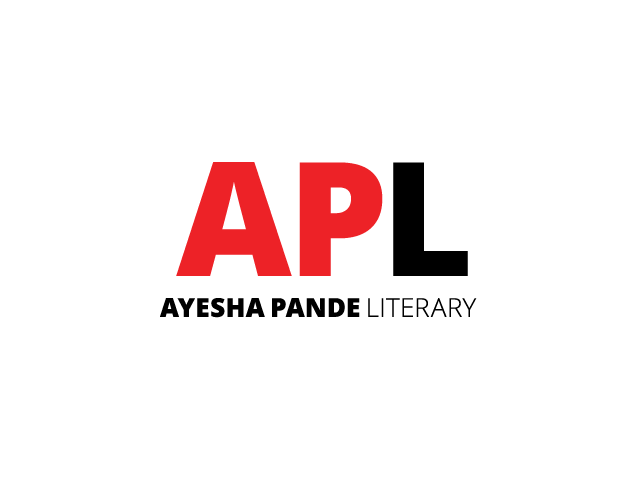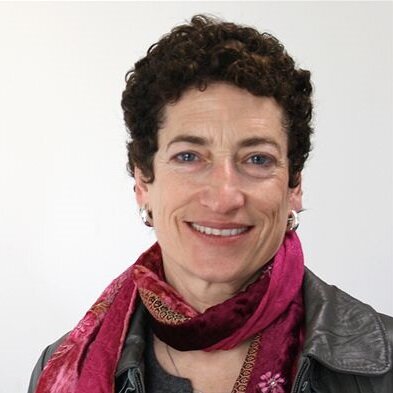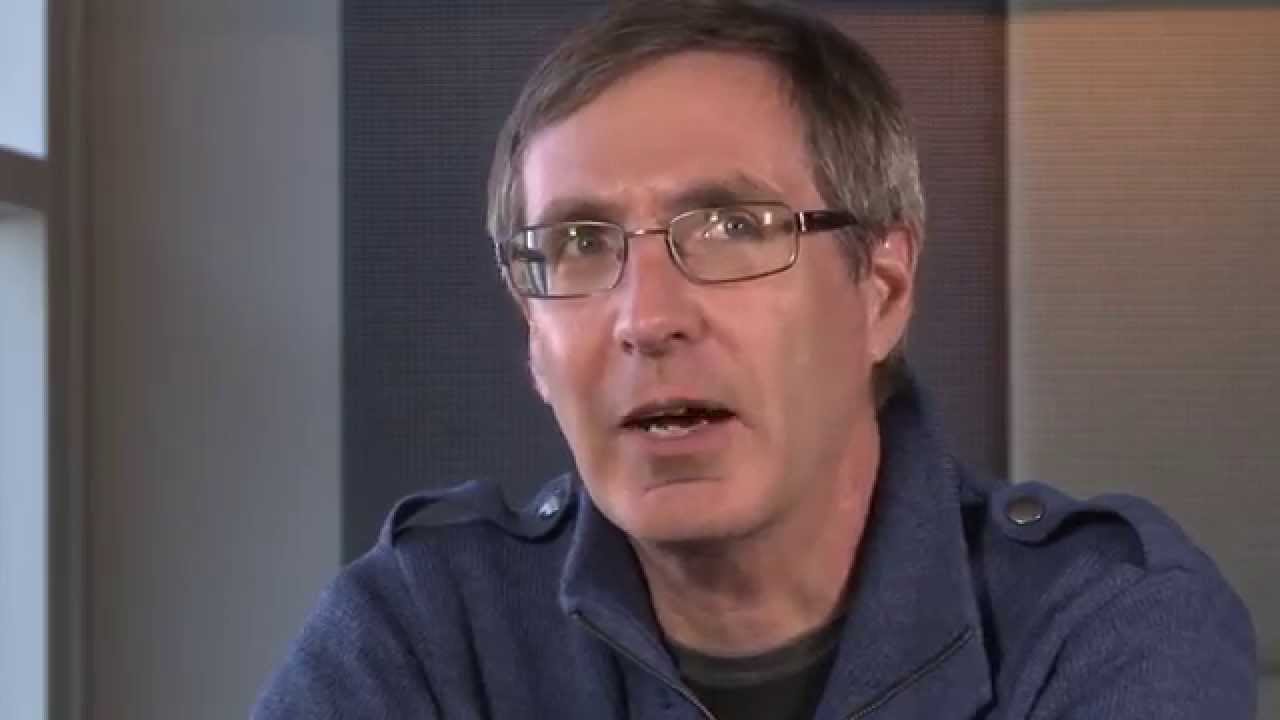Naomi Oreskes & Erik Conway
Authors of
The Magic of the Marketplace: The True History of a False Idea (Bloomsbury, 2021)
The Collapse of Western Civilization (Columbia University Press, 2014)
Merchants of Doubt (Bloomsbury Press, 2010)
Naomi Oreskes is a Professor of the History of Science and Affiliated Professor of Earth and Planetary Sciences at Harvard University. Her study “Beyond the Ivory Tower,” published in Science, was a milestone in the fight against global warming denial and was cited by Al Gore in An Inconvenient Truth.
Erik Conway is the resident historian at NASA’s Jet Propulsion Laboratory at the California Institute of Technology in Pasadena.
/ Represented by Ayesha Pande
Books by Naomi & Erik
The Magic of the Marketplace: The True History of a False Idea, awarded with a 2018 Guggenheim Fellowship, chronicles how Americans came to have an irrational faith in the free market. The book will delve into why the notion that markets are magic continues to have such a grip, even in the face of the growing opioid epidemic, widespread obesity, homelessness and climate change, which Nicholas Stern, former chief economist of the World Bank, has called the “largest and widest ranging market failure ever seen.” The authors explore why the United States has not addressed these failures: the costs of dangerous chemicals, unhealthy food, and other scourges of the modern world. The answer, they argue, is rooted in the widespread reluctance of the American people to accept the need for serious and sustained government engagement with the marketplace, and the concomitant unreasonable belief in the power of the marketplace to rectify itself. Government intervention was not always considered ‘bad.’ But in the 20th century a diverse group of thinkers and heads of industry systematically promoted the idea that markets are “magic,” and that free enterprise capitalism was “the American way.” Oreskes and Conway trace the story of how and why they championed that idea and made it stick.
Just as Merchants of Doubt told the origins of climate change denial for the first time, The Magic of the Marketplace will do something entirely new: no one as yet explained the state of affairs in American life, that, when it comes to the workings of the economy, we are asked to believe in magic. And particularly no one has accounted for how these ideas became normalized in American discourse and culture.
The year is 2393, and the world is almost unrecognizable. Clear warnings of climate catastrophe went ignored for decades, leading to soaring temperatures, rising sea levels, widespread drought and–finally–the disaster now known as the Great Collapse of 2093, when the disintegration of the West Antarctica Ice Sheet led to mass migration and a complete reshuffling of the global order. Writing from the Second People’s Republic of China on the 300th anniversary of the Great Collapse, a senior scholar presents a gripping and deeply disturbing account of how the children of the Enlightenment–the political and economic elites of the so-called advanced industrial societies–failed to act, and so brought about the collapse of Western civilization.
In this haunting, provocative work of science-based fiction, Naomi Oreskes and Eric M. Conway imagine a world devastated by climate change. Dramatizing the science in ways traditional nonfiction cannot, the book reasserts the importance of scientists and the work they do and reveals the self-serving interests of the so called “carbon combustion complex” that have turned the practice of science into political fodder. Based on sound scholarship and yet unafraid to speak boldly, this book provides a welcome moment of clarity amid the cacophony of climate change literature.
Praise
“Provocative and grimly fascinating, The Collapse of Western Civilization offers a glimpse into a future that, with farsighted leadership, still might be avoided. It should be required reading for anyone who works—or hopes to—in Washington.” —Elizabeth Kolbert, author of The Sixth Extinction: An Unnatural History
”A chilling view of what our history could be. Ignore it and it becomes more likely. Read this book, heed its warning, and perhaps we can avoid its dire predictions.” —Timothy Wirth, Vice Chairman, United Nations Foundation, and former U.S. Senator and Member, U.S. House of Representatives
”Oreskes' and Conway's startling and all-too-plausible history of the century to come is in the spirit of George Orwell and Aldous Huxley and all the writers who have turned to prophecy in the attempt to ward off an oncoming disaster. Witty in its details and disturbing in its plausibility, this is an account of the Long Emergency we're entering that you will not soon forget.” —Kim Stanley Robinson, author of Shaman, 2312, Science In the Capital, and the Mars trilogy
”Packed with salient science, smart speculation and flashes of mordant humour.” —Nature
”Oreskes and Conway have carved out a new space for historians to use their knowledge of alternative pasts to help imagine alternative futures.” —Public Books
”The scenario portrayed in this valuable little book is scarily possible. It would be apt if readers took action to keep it from, you know, happening.” —Bill McKibben, author and founder, 350.org
THE AMERICAN DENIAL OF GLOBAL WARMING
Perspectives on Ocean Science
MERCHANTS OF DOUBT
The troubling story of how a cadre of influential scientists have clouded public understanding of scientific facts to advance a political and economic agenda. This video is an interview with Naomi Oreskes and the book will be published in June 2010.
Merchants of Doubt: How a Handful of Scientists Obscured the Truth on Issues From Tobacco Smoke to Global Warming tells the troubling story of how a cadre of influential science policymakers have clouded public understanding of scientific facts to advance a political and economic agenda
The U.S. scientific community has long led the world in research on such areas as public health, environmental science, and issues affecting quality of life. Our scientists have produced landmark studies on the dangers of DDT, tobacco smoke, acid rain and global warming. But at the same time, a small yet potent subset of this community leads the world in vehement denial of these dangers.
Merchants of Doubt tells the story of how a loose–knit group of high-level scientists and scientific advisors, with deep connections in politics and industry, ran effective campaigns to mislead the public and deny well-established scientific knowledge over four decades. Remarkably, the same individuals surface repeatedly; some of the same figures who have claimed the science of global warming is “not settled” denied the truth of studies linking smoking to lung cancer, coal smoke to acid rain, and CFCs to the ozone hole. “Doubt is our product,” wrote one tobacco executive. These “experts” supplied it.
Naomi Oreskes and Erik Conway, historians of science, roll back the rug on this dark corner of the American scientific community, showing how ideology and corporate interests, aided by a too-compliant media, have skewed public understanding of some of the most pressing issues of our era.
Merchants of Doubt has been adapted into a major motion picture directed by Emmy-award-winning director Robert Kenner, which was released in the U.S. on March 6, 2015.
Praise
“Powerful.” —The Economist
”After enduring decades of inexplicably persistent news reports casting doubt on the fact that cigarettes cause lung cancer, pollution harms the planet, and nuclear weapons are extremely dangerous, one might be forgiven for wondering if the same mob of misguided mercenaries might be behind them all. As it turns out—according to the evidence assembled in Merchants of Doubt: How a Handful of Scientists Obscured the Truth on Issues from Tobacco Smoke to Global Warming—they are.” —Chronicle of Higher Education
”A devastating portrayal of organized scientific disinformation campaigns that makes clear just how gullible the press, scientific community and the public have been (and to a large extent, continue to be).” —Capital Weather Gang blog on WashingtonPost.com
”Well-researched and lucidly written.” —Washington Times
”Naomi Oreskes and Erik Conway have demonstrated what many of us have long suspected: that the ‘debate’ over the climate crisis–and many other environmental issues–was manufactured by the same people who brought you ‘safe’ cigarettes. Anyone concerned about the state of democracy in America should read this book.” —Former Vice President Al Gore, author of An Inconvenient Truth
”Naomi Oreskes and Erik Conway have written an important and timely book. Merchants of Doubt should finally put to rest the question of whether the science of climate change is settled. It is, and we ignore this message at our peril.” —Elizabeth Kolbert, author of Field Notes from a Catastrophe: Man, Nature, and Climate Change
”As the science of global warming has grown more certain over the last two decades, the attack on that science has grown more shrill; this volume helps explain that paradox, and not only for climate change. A fascinating account of a very thorny problem.” —Bill McKibben, author of Earth: Making a Life on a Tough New Planet
”A well-documented, pulls-no-punches account of how science works and how political motives can hijack the process by which scientific information is disseminated to the public.” —Kirkus Reviews
”Sweeping and comprehensive… Oreskes and Conway do an excellent job of bringing to life a complex and important environmental battle… [a] darkly fascinating history… Merchants of Doubt is an important book. How important? If you read just one book on climate change this year, read Merchants of Doubt. And if you have time to read two, reread Merchants of Doubt.” —Grist.org
”Oreskes and Conway tell an important story…This book deserves serious attention for the lessons it provides about the misuse of science for political and commercial ends.” —Publishers Weekly (starred review)
”The Collapse of Western Civilization.” —A View from the Future











